Admittedly, I know I can be a little intense about things. It’s something I’ve actively worked to change, you know, rather than saying I listened to three Tindersticks albums in a row while making french onion soup for one and then watched “Les Hautes Solitudes” and found it both engaging and alienating and…. trails off I just say my weekend was “really good, how was yours?” Thing is, I can’t help all of of the dumb shit I like, but, sometimes, when the moon is just so in the sky and I’ve had most of a mid-price Pinot Gris and it’s a Sunday and I’m tired… well, I decide – maybe I’ll watch a really dumb movie, write some jokes, and ultimately use it to frame my thesis which is: I Don’t Think I Relate To Film Right Now.
Tonight was just such a night. Wherein – I set out to answer the big questions, that is, can you watch Magic Mike XXL without seeing the first film? Are you going to miss major narrative developments coming in at the second chapter? Also, why is this movie nearly two full goddamn hours long? Suddenly, a buddy texts: he’s going to Macs in pajama pants – is this a new low? Can’t say, I’m 15 minutes into Magic Mike XXL and even deeper into a bottle of wine, I’m in no place to adjudicate anyone’s life choices.
Now is a good time to mention that there were times during the viewing of this film where I was definitely looking at pictures of people who have unconventional house pets and I did no further research on this film, so any forthcoming errors can be attributed to the following.
So anyway, the film opens on Channing Tatum who has some kind of moving business. I assume, a la Showgirls, that he left the glitz and glamour of male stripping behind in the first film because he’d rather have a moving business. He wears a suit and shows up to what he thinks is a wake, and I think – oh shit, is this a wake for an old stripper buddy? Is he going to get back into stripping because of a gaping hole in the male exotic dancer world and this movie is going to be really sad?
Nah. It’s not really a wake, it’s a pool party, there’s some dude junk and these are apparently his buddies from his old stripper days. I wonder if I’ll be able to make it through this movie. A cursory viewing of this scene tells you essentially all you need to know about his stripper buddies. We aren’t watching real people, we’re watching the suggestion of characters. There’s boy band eyebrow guy, older Ron Perlman guy, large junk guy, guy who isn’t attractive enough to strip (emcee guy), and a stringy haired, puka-shell wearing motherfucker who wants to open up a probiotic yogurt truck. (There’s a subplot here that doesn’t pay off – we find out Puka Shells works in an ice cream joint at the mall for market research – the idea that Puka Shells quits hocking Baskin Robbins in order to earn stripper cash for his probiotic yogurt truck is the strangest, saddest hipster Tom Waits tale I’ve ever heard.
The gang is heading to some kind of male stripper expo, because of course. Our hero, Channing Tatum heads home for some late night welding, when suddenly, Ginuwine’s “Pony” comes on his trial version of Spotify. He starts to do a sexy R&B dance.
It’s fascinating and bizarre. First of all, I start thinking about Gene Kelly, and all of the times I’ve watched Gene Kelly dance in musicals. Gene Kelly, less refined, less graceful than someone like Fred Astaire. Gene doesn’t glide, he stomps – he’s an athlete. But he’s operating in musical world. It isn’t like Channing grinding into a workbench. This scene is designed because it knows we’re watching. I think its supposed to be sexually titillating but then, I can’t gauge this – I’m a poor metric. For me, it’s approximately as arousing as finding out there’s going to be at least a 45 minute wait at the walk-in clinic and sitting down with three outdated issues of Good Housekeeping. It’s like trying to listen to a podcast on the bus when an elderly lady with one of those grocery suitcases tries to talk to you about how rainy it’s been.
(I consider, briefly, the last time I found a film character really, truly attractive. Easy. Sam Shepard in Volker Schlondorff’s Voyager. Shepard plays a repressed, literate, 1950’s engineer who approaches life with clinical detachment, almost dies in a plane crash, and accidentally has a sexual relationship with a daughter he didn’t realize he had – SPOILER ALERT. Additionally, wears nice suits, seems like he’d be sensitive about literature.) -That considered, I am not the target for Magic Mike XXL’s sexuality, but then again, it may also be hard to separate this from its inherent homoeroticism. It’s a firm 7 on the Top Gun scale, folks.
Interestingly: Magic Mike XXL leans into this idea early, with a scene in a roadside drag bar. Mike and co. seem pretty into drag shows, and eagerly embrace the parallels between drag and male exotic dancing at a beach party after the fact. Also featured – a scene where Mike hits on a girl (Amber Heard, the non-love interest), and they talk about contemplative beach urination. Again, unexpected choices from Magic Mike XXL.
WAIT I skipped ahead. That late night welding dance reminds Mike that he should go along to the big dude stripper expo because – I suspect this has something to do with the first film – his lady love said no.
Consider: Mike is rejected romantically, probably has hurt feels, rejoins the wiener bus with his best pals, bound for male exotic dance glory.
Tl:dr – Magic Mike XXL then turns into a road movie with only the barest semblance of plot. Unexpectedly, I find myself appreciating – nay, almost enjoying, a movie without nuance. Not only that, Magic Mike XXL gets… weirdly surreal. I’d almost call it the El Topo of summertime male exotic dancer blockbuster stagette movies. But before I get to that, I should say that there’s an important scene, I’d call it the Thematic Exposition Scene, where the junk patrol discusses how they should do different routines, because, the old routines aren’t true to who they are artistically, maaaan. Ritchie, do you even want to be a fireman? Do you even like the Kiss song “Hotter Than Hell”? These are the timeless questions we ask ourselves daily, only with fewer Village People characterizations and not so much 70s stripper jams. More like, our lives and the choices we’ve made. Similar, though.
Anyway, road movie. At some point, Emcee ends up in the hospital – they need an new person to announce that some dudes are going to be gyrating. No problem though – like the rest of Magic Mike XXL, this isn’t an actual obstacle. Anyway, the pectoral possee ends up in some strange southern country club ruled by a former stripper (Jada Pinkett Smith, who’s, like, way good in this movie.) It’s this moody, blue and red oasis of slow takes of raucous women looking to be entertained by men like some kind of… non-explicitly-sexual brothel? My main read on this scene was power. A group of white dudes walk into a business run by a black woman where other black women are entertained by black men and realize their schlocky act won’t cut it. That they are privileged is a foregone conclusion, and it’s not something the scene dwells on. Rather, it’s a vehicle to explain to the ab consortium that they’re in the business of female pleasure, and, uhm, this business is killing it.
Later, they end up at some Southern ladies night as unplanned parlour entertainment. Again, this scene is dominated by another woman – Andie MacDowell, centre-framed and all-powerful. This scene goes down, interestingly, without dancing specifically but primarily with conversation. Suddenly, I wonder what the hell kind of dumb movie I’m watching. I mean, it is a dumb movie, but it’s a curious one. It embraces its dumbness and also overcomes it with scenes like this that are subtlety a bit more interesting than they need to be.
Eventually, the sultans of staff end up at the big male stripper expo, quite without any rehearsal of their fancy new routines. The male stripper expo is run by yet another ex-stripper (Elizabeth Banks) who has some sexual chemistry with Pinkett-Smith, along as the new Emcee. She is another female in Magic Mike XXL land who worked in the exotic dance industry, has now harnessed that experience into a lucrative business. Heard re-surfaces as an occasional stripper in a bi-sexual phase that’s currently focused on women. That’s cool, the movie respects this. Here we have three attractive ex-stripper characters who we never actually see dance.
We see the routines, the movie ends abruptly without any major character realizations, and I’m left feeling weirdly thoughtful about Magic Mike XXL. Magic Mike XXL presents an oddly reframed feminism, by assigning typical filmic “female” traits to male characters, without shying away from their relatively dumb bro-ness. Perhaps, there are some smart people behind this film, who understand the fantasy of adult entertainment in a way that I clearly don’t. I mean, gosh, a lot of the core scenes in Magic Mike XXL aren’t geared towards me – I enjoy art galleries and going for ice cream by myself. But Magic Mike XXL manages to be a summer stagette movie, a movie that apparently goes for the libido of both straight women and (unapologetically) gay men alike but also – this movie understands what the real hook here is. It is, dare I say, about an exchange of power between women and men, and men embracing vulnerability. Yes, there is something cloying about Magic Mike XXL’s surrender of power – this idea that women get off primarily on validation from males, on being called goddesses and queens (Magic Mike XXL manages to share this term gracefully with the gay community). But it’s not to say there isn’t some truth in these symbolic gestures that the film displays. Mike was rejected, big junk guy just wants to find someone to marry, like some big, gross, Cinderella story, and our central female characters are busy making money, getting off, and being interested in other women.
I mean, don’t go into this movie expecting a grand rumination on gender politics and libido. If that’s what you’re looking for, this ain’t it. But, for what it’s worth, I watched Magic Mike XXL for the opportunity to check out mentally and make fun of it and all I got was this lousy blog entry about how it wasn’t bad.


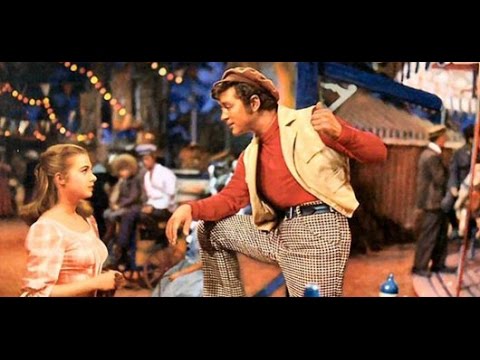
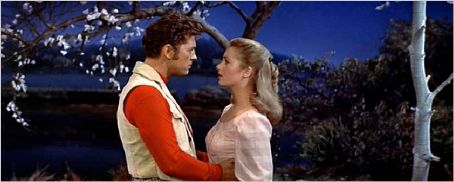










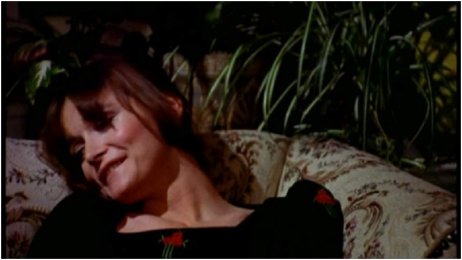
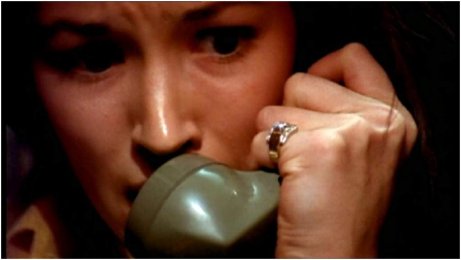




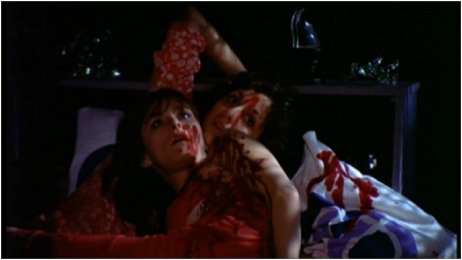







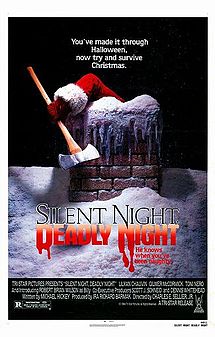


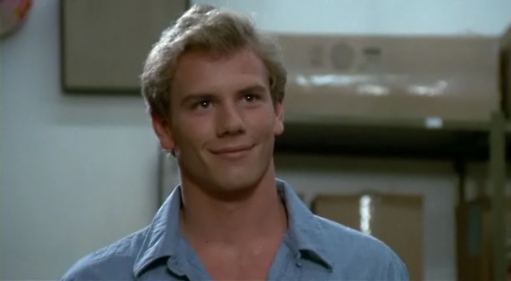




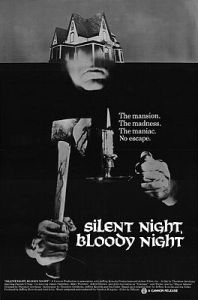

![silent-night-bloody-night-butler-house[1]](https://anothernightinfilm.files.wordpress.com/2014/12/silent-night-bloody-night-butler-house1.jpg?w=351&h=189)


